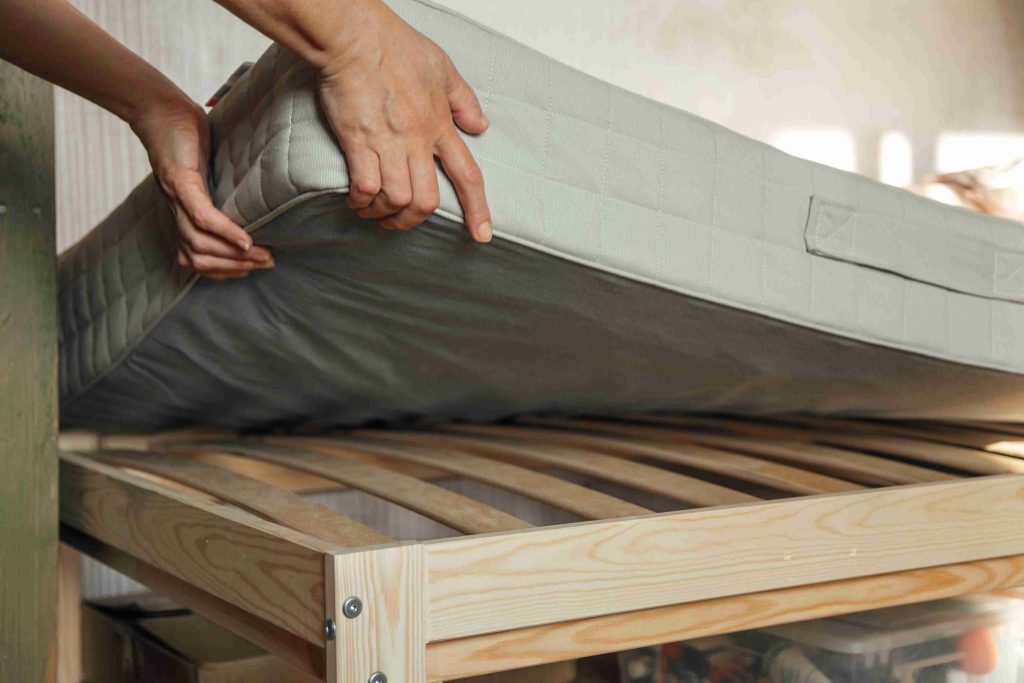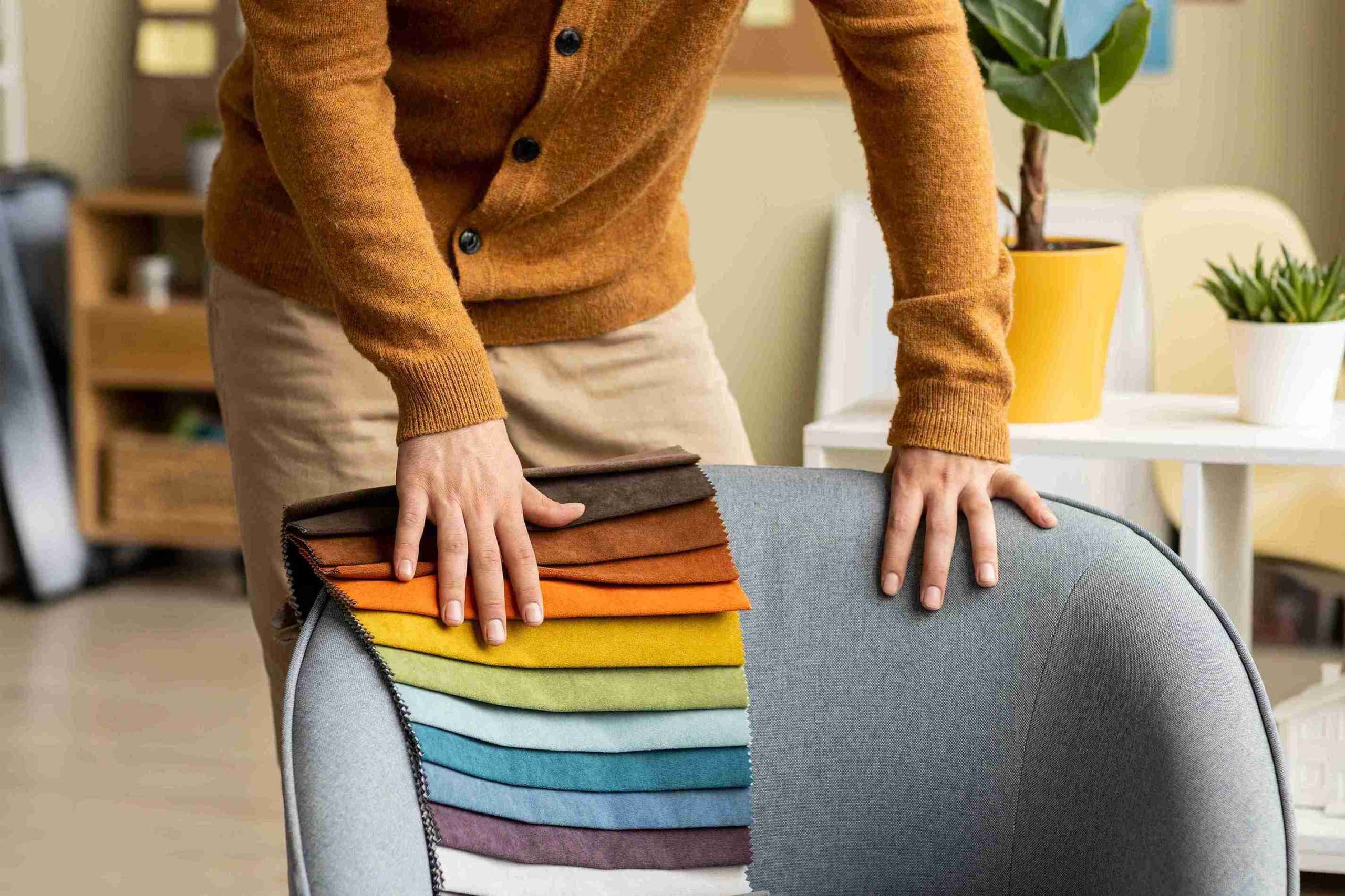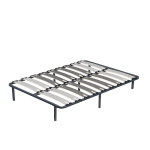It is a strange metamorphosis in the hospitality industry, in the age of experience overtaking functionality. What would it be like to not only have a thread count and minibar selection criteria of luxury but also scent-based memory and custom furnishings to fit the mood of a room? Hotels and clubs are no longer a place to rest or meet people; they are turning into an immersive experience that appeals to all five senses.
This change is not by chance. It is rooted in a more fundamental change in consumer expectations, using technological innovation and the psychology of experience. Two developments, seemingly worlds apart; furniture customization for hotels and clubs and perfume vending machines are quietly converging to rewrite the rules of modern hospitality.
It may not be immediately apparent how they relate but it is a hint of a future where ambient technology is paired with personalized environments.
So how are these trends reshaping what we expect from premium spaces—and what do they reveal about the future of guest experience? Let’s explore.
Tailored Elegance: The Importance of Furniture Customization for Hotels and Clubs
There is no such thing as the same hospitality brand, and there is no such thing as the same interiors. The era of off-the-shelf furnishings is fading, replaced by the rise of furniture customization for hotels and clubs. It is not a purely aesthetic shift. It is a brainchild of branding, guest psychology, and spatial optimization.
Built-in furniture enables the business to put their rooms in line with their essence. In the case of a boutique hotel, this can be local materials or handcraft. In the case of an urban club, it might mean modular, smooth seating that can be used in the various crowd flows. The advantages are complex: the comfort is enhanced, the consistent themes of the design are observed, and the atmosphere remains unforgettable in the memory of the visitor.
In addition, customization increases functionality. Acoustic furniture can be installed in the lounge areas to minimize the volume of noise; the reception desks can be made with built-in lighting and smart panels. Bespoke furniture, in its turn, has ceased to be a question of decoration; it is an element of smart space management.
Standard to Signature: The Strength of Customized Interiors in Building Brand Identity
The quality of service is no longer the only factor that can ensure brand loyalty in hospitality. It is more and more based on emotional connection, on how a guest feels in a space. Here the language of interiors, visual and tactile, becomes essential.

Furniture customization for hotels and clubs enables a brand to speak through design. The shape of a chair, the height of a table, the feel of an upholstery- all send a message that is not said. A high-end resort can choose to have low, cushy furniture in neutral colors to convey the message of tranquility and seclusion. A beach club may adopt the use of bold colors, natural forms and open-plan furniture to create a sense of sociability and lightness.
Scientifically, this phenomenon is described as spatial priming by environmental psychology i.e. physical environment influences behavior, mood and memory. Custom furniture turns into means of behavioral manipulation. It makes each room a signature experience, making it more probable to visit the place again and associate a positive brand.
Smart Scent Solutions: How Perfume Vending Machines Are Reshaping Guest Interaction
While interior design affects sight and touch, perfume vending machines introduce an entirely different sensory dimension: smell. Olfaction is an underestimated part of commercial design, but it is a strong part of human memory and emotion.
Research indicates that individuals are able to remember 65 percent of smells after one year as compared to only 50 percent of visuals after three months. This understanding is turning out to be a design strength in hospitality.
Perfume vending machines represent a novel approach to both guest engagement and sensory branding. These intelligent devices give the visitors an option to select a curated selection of high-quality fragrances, which is usually consistent with the brand or theme. To give an example, a forest themed retreat can provide earthy and woody notes whereas a high-rise hotel in a modern building can provide clean, floral or water notes.
The experience of vending is value-added. It gives the guests choice, moments of curiosity, and personalization without having to involve the staff. These machines can also serve as scent bars in places where there is high traffic such as in lobbies or lounges- this would be a luxury touchpoint that would be innovative and low maintenance.
Bridging Form and Fragrance: Designing Spaces That Engage All the Senses
Human perception is multisensory in nature. The immersion is a complex process that implies the synchronization of various senses: sight, touch, smell, and even sound. By combining furniture customization for hotels and clubs with technologies like perfume vending machines, hospitality environments can achieve this multisensory integration.
Take the case of the guest experience between the check-in and the check-out. A traveler enters a lobby that has customized furniture with ergonomic sitting and establishing personal space. There are ambient lights reflecting the brand colors, and there is a soft buzz of the carefully selected music in the background.
There is a perfume vending machine in the corner, where the guest is welcome to discover signature scents. The journey is smooth, multilayered, and deliberately created to cause both relaxation and interest and comfort.
This is not by mistake. According to cognitive research, multi-sensory spaces enhance satisfaction, the perceived luxury, and emotional attachment to space. Hotels and clubs are investing in custom physical design as well as sensory enhancements to ensure that they are not only filling rooms but also orchestrating experiences.
Conclusion:
Hospitality is no longer about service, it is becoming a story that is designed, technologically enhanced and emotionally felt. In this landscape, furniture customization for hotels and clubs serves as the structural canvas, offering physical beauty and spatial coherence. At the same time, perfume vending machines introduce a dynamic layer of sensory personalization, giving guests a tangible, memorable interaction with scent.
Collectively, the innovations are not mere isolated improvements.They signal a broader trend in hospitality.


